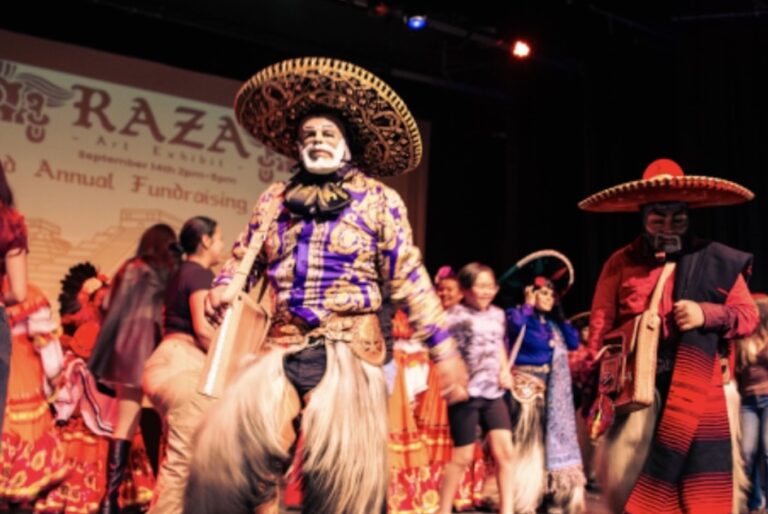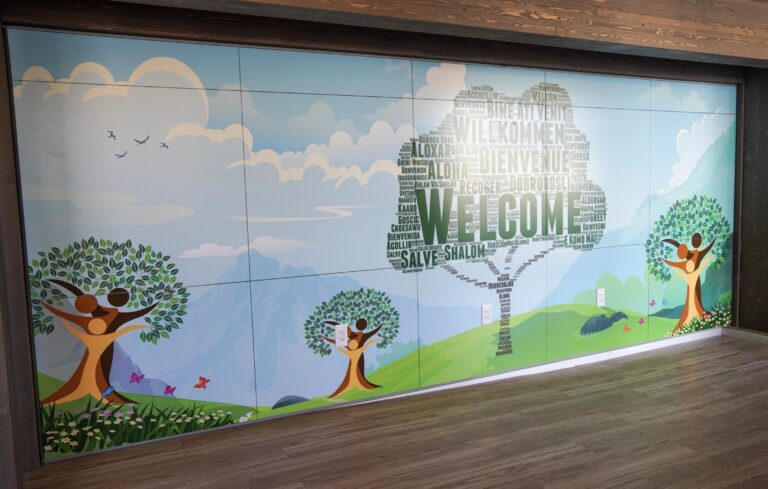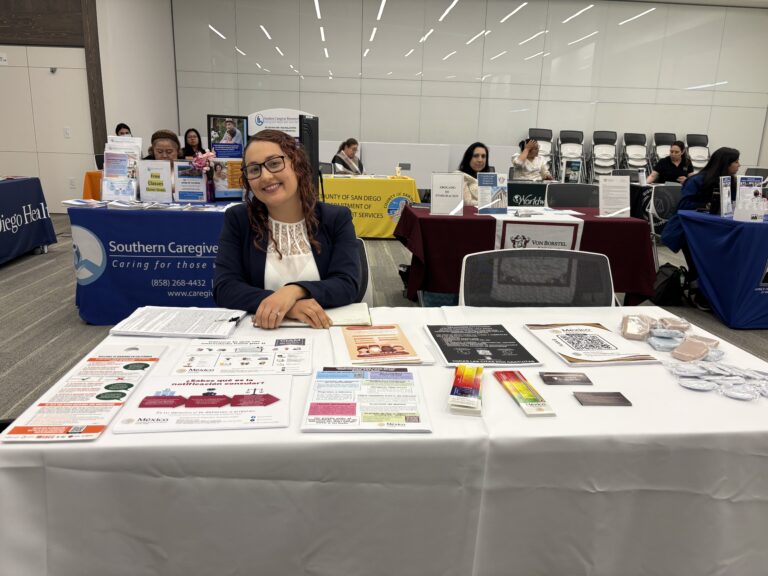Last Day to Vote: November 5
By Melanie Slone
How can we know that our vote really gets counted and makes a difference? We talked with Arcela Nuñez, the cofounder of Universidad Popular, about the November 5 election, and used her responses to refute common excuses not to vote.

Excuse # 1: Voting doesn’t affect me or my community.
Arcela: Do you have kids who go to school? Have you needed to go to the hospital? Have you looked at your water bill? Because we have elected positions for the local water boards, the school districts.
We get so caught up with the national campaigns or the federal races, but we are more directly impacted at the local level by what and who is in those decision-making positions for the local schoolboard, water board, hospital board.
Some of the most impactful decisions will be made are around tax measures that will go to pay for basic services and infrastructure in our community. If these measures don’t pass, it will have a direct impact. On the other hand, the communities most impacted are always the essential workers, families that are already struggling. So, adding that extra tax burden on them can really have a negative economic impact up front; long term, it’s also our communities that will be the most disinvested, the most underserved. It’s looking at these laws and policies and the direct impact they have.
Excuse # 2: The Electoral College means my vote doesn’t matter.
Arcela: I think there’s a lack of information, and people get disillusioned because of the electoral college. With every other elected position (besides the president), we do have direct democracy. It really depends on every vote. We encourage people to shift the focus more locally, change that perception that we’re so disconnected from DC and focus on the local level.
(But exercise your right to vote for state representatives and measures and for president, too!)
Excuse # 3: ONE vote doesn’t make a difference.
Arcela: There are a lot of ways that one vote makes a difference, especially for a national race because in our community, there are so few of us who are actually voting that one vote just means so much.
It’s really representative of so many community members who are not participating and who are not voting. That vote in one household is such a powerful voice.
Excuse # 4: I missed the registration deadline.
Arcela: In the state of California, we can register and vote all the way up to and including the day of the election on November 5.
To receive a mail ballot, individuals had to register by October 21. But, if you missed the deadline, you can still show up at one of the Vote Centers. Essentially, it’s a one-stop shop. You can do everything the same day.
The voting centers will be open from Saturday October 26 to Tuesday November 5. For those four days, individuals can show up and take care of anything that they would need to take care of in person, including processing voter registration. Find a Vote Center: https://www.sdvote.com/content/rov/en/elections/vote-center-locations.html
Excuse # 5: I don’t understand the ballot.
Arcela: You can look through the booklet you received through the mail, or online, in English or Spanish.
At Universidad Popular, we’re going to be going over the voter information. Contact Universidad Popular: info@unipopular.org
People can also go to some trusted organizations that provide great information, including the League of Women Voters. Visit 4-1-1. https://www.vote411.org/california
Excuse # 6: I have accessibility issues.
Arcela: The state of California is modeling approaches to make voting as transparent and as accessible as we possibly can for everyone. For individuals who need special accommodations, they can go to a vote center and request the support in person.
The easiest way is that every voter gets a mail ballot, and it’s the same ballot that you would get at the actual vote center. If somebody needs assistance dropping off their ballot, they can request it.
Individuals who are not able to read or write can vote through audio and record their responses. You can do it at the vote center digitally, and it’s a screen that is very user-friendly. An assistant can guide people through that process.
Excuse # 7: The voting system is rigged.
Arcela: That’s one of the great things about our technology, we can track our ballot from the moment we receive it until it goes back and gets counted. There is a stub that comes with every ballot. We’re able to keep it. We can call the Registrar of Voters or go online and look up our own number, a unique number for our ballot, and then be able to see all the way up until it gets processed.
You can also visit the Registrar of Voters to see the way ballots are handled and take a tour of the behind-the-scenes. I think the more of a look that you get behind the scenes, you really see that there are so many checks and balances at every step of the way and the way that every single ballot gets handled until it gets processed.
Excuse # 8: I’m not a citizen.
Arcela: Voting is such a special and unique way of participating, but there are also a lot of other opportunities that individuals who haven’t yet become citizens can be involved.
One way is to sign up to be election workers, clerks during the process. They can also be election observers, ensure that people’s rights are respected, that people get language support.
People can also volunteer at their local schools, at their local church, or community-based organizations. I think one of the most important things people can do if they’re not able to vote is to help others to vote, to encourage their relatives, their kids, significant others, friends, neighbors who are able to vote and to impress upon them just that it’s such a unique opportunity for US citizens to be able to participate in our democracy in that very specific way.




